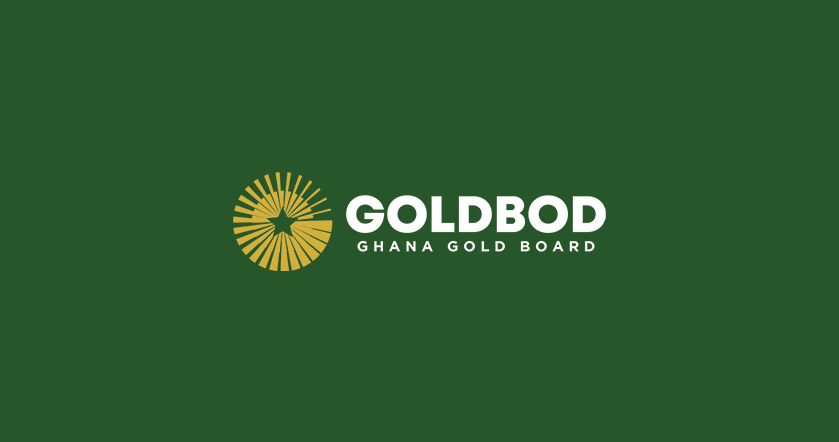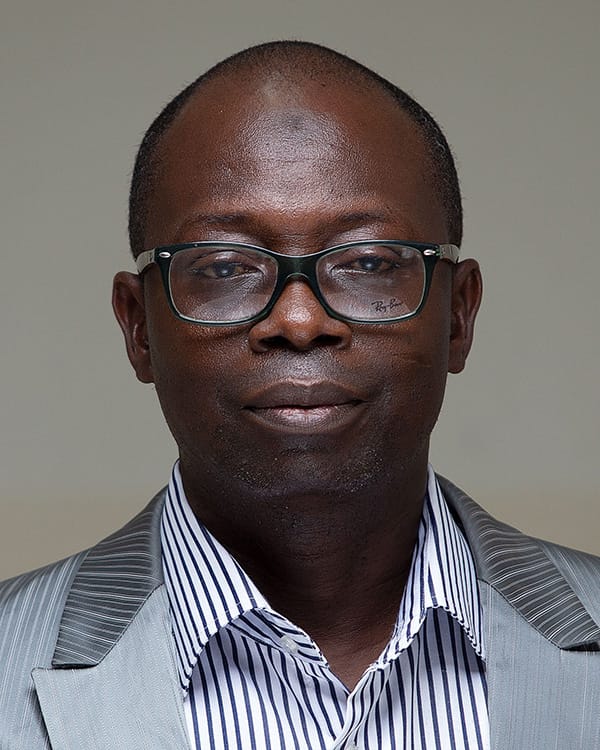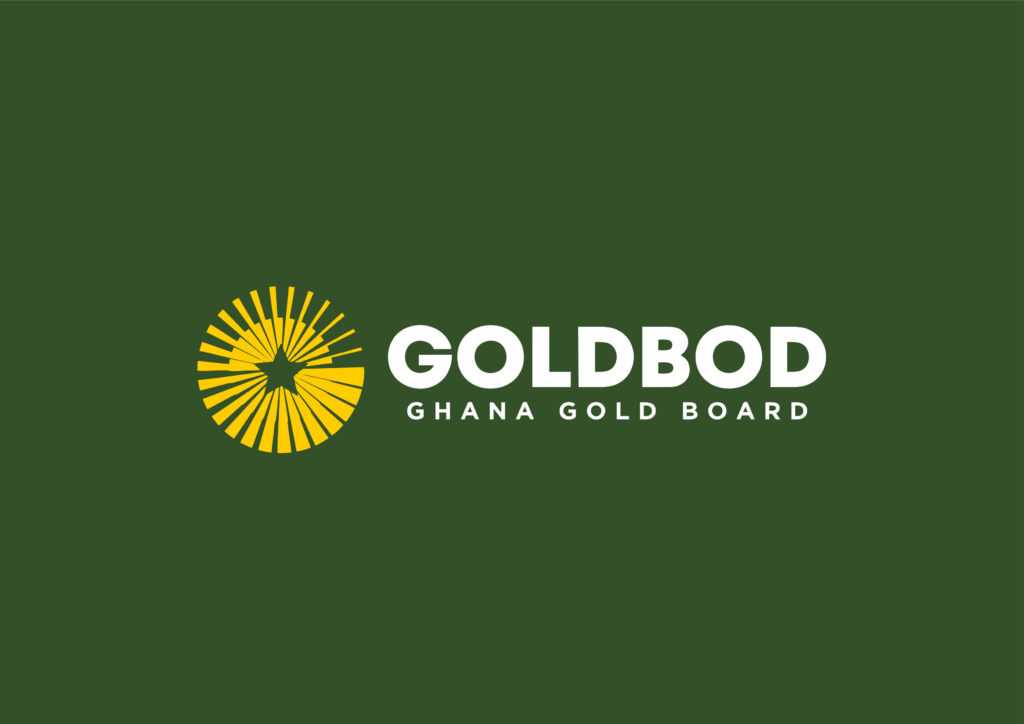In a recent discourse surrounding the Ghana Gold Board (GoldBod), two prominent figures from the New Patriotic Party (NPP) have expressed contrasting opinions that highlight ongoing debates about the agency’s role in the nation’s economic landscape.
Former Majority Leader Osei Kyei-Mensah-Bonsu has praised GoldBod for its potential to enhance the Ghanaian economy, whereas Patrick Yaw Boamah, a Member of Parliament for Okaikoi Central, has raised serious concerns regarding transparency and operational integrity within the board.
Kyei-Mensah-Bonsu’s Positive Outlook
Mr. Osei Kyei-Mensah-Bonsu, during an interview on Kumasi-based Lawson FM, articulated his strong support for GoldBod, emphasizing its significant contribution to the country’s economic recovery.
He noted that the agency, which has the exclusive authority to buy and sell all artisanal small-scale mining gold, plays a crucial role in regulating the gold market.
He highlighted the positive economic indicators resulting from GoldBod’s operations, including a remarkable reduction in inflation rates from as high as 50% to single-digit figures under the current administration.
“The Gold Board has not only stabilized the gold market but has also generated over $8 billion in foreign exchange from small-scale gold exports in less than a year,” he stated.
This revenue is pivotal for boosting Ghana’s foreign reserves and supporting broader economic recovery efforts.
Moreover, he commended the government’s initiatives to improve local content in gold mining and enhance revenue transparency.
The former Majority Leader’s remarks reflect a broader belief among certain economists that GoldBod’s establishment is a strategic move towards harnessing the full potential of Ghana’s gold resources.
With gold being one of Ghana’s top exports, its mining sector is viewed as vital for job creation and revenue generation.
Boamah’s Critiques:
A Call for Transparency
In stark contrast, Patrick Yaw Boamah has voiced his apprehensions regarding GoldBod’s operations, describing the lack of clarity surrounding the Board’s funding and licensing practices as “unfortunate.”
During a press conference, he expressed his concerns, stating, “This revelation raises questions about the Gold Board’s funding sources,” referring to a recent letter from the Ministry of Finance which indicated that no budgetary support had been allocated to GoldBod.
Mr. Boamah’s scrutiny extends to the Board’s licensing practices, where he noted that GoldBod has licensed a sole aggregator, 21 self-financing aggregators, and over 600 buyers within just two years.
However, it is essential to clarify that GoldBod has been in operation for less than a year and does not issue licenses to miners.
His concerns about the rapid pace of licensing, which he suggests could lead to non-compliance with responsible mining standards, overlook the fact that GoldBod’s role is primarily regulatory, aimed at formalizing small-scale gold trading rather than promoting illegal mining activities.
“It’s essential to ensure that licensed companies adhere to regulations and standards to prevent illicit activities and promote sustainable mining practices,” Mr. Boamah emphasized, advocating for greater accountability in the sector.
Yet, this perspective might inadvertently undermine the positive steps GoldBod is taking to combat illegal mining by formalizing and regulating the small-scale gold market.
Expert Opinions: A Balanced Perspective
The divergence in opinions between Mr. Kyei-Mensah-Bonsu and Mr. Boamah reflects broader sentiments within the Ghanaian political landscape.
Experts have noted that while GoldBod has made significant strides in generating revenue, the challenges of governance and transparency cannot be overlooked.
However, many also argue that Mr. Boamah’s criticisms may stem more from a political standpoint than from a genuine concern for the sector.
Dr. Vida Ama Serwah, a Ghanaian economist based in the UK, commented, “While the economic benefits of GoldBod are clear, the questions raised about its operational integrity must be addressed to ensure sustainable growth in the sector.”
She further emphasized that constructive support, as shown by Mr. Kyei-Mensah-Bonsu, is crucial for fostering an environment where the board can thrive and improve.
Similarly, local experts have warned that the lack of transparency could undermine the credibility of GoldBod, yet they caution against politicizing the issue.
Dr. Victor Kwame Nkrumah, a senior lecturer at the University of Ghana, pointed out that “a transparent and accountable Gold Board is essential not only for the integrity of the gold sector but also for maintaining public trust in governmental institutions.”
He added that criticisms should be balanced with recognition of the progress made, highlighting that constructive engagement is more beneficial than purely oppositional stances.
Adding an international perspective, Dr. Emily Thompson, a mining policy expert based in the USA, remarked, “While scrutiny is necessary for accountability, it is equally important to acknowledge the positive impacts of regulatory bodies like GoldBod. Mr. Boamah’s approach seems overly political and may detract from the genuine advancements being made.”
She stressed that bipartisan support for effective governance in the mining sector is vital for ensuring that Ghana can leverage its resources sustainably while gaining the confidence of both local and international stakeholders.
This balanced viewpoint underscores a critical need for unity in addressing the challenges within Ghana’s gold sector.
Rather than allowing political differences to cloud the discourse, experts advocate for a collaborative approach that encourages both transparency and the recognition of GoldBod’s achievements.
The contrasting reactions to GoldBod reflect not only individual perspectives but also the broader implications for governance and economic development in Ghana.
The Response from GoldBod
Meanwhile, while these discussions unfold, GoldBod has so far declined to comment on Boamah’s criticisms when contacted for their side of the story.
Conclusion
The contrasting views of Kyei-Mensah-Bonsu and Boamah encapsulate the complexities of managing a vital sector in Ghana’s economy.
While the endorsement of GoldBod by a seasoned politician like Kyei-Mensah-Bonsu reflects optimism about the board’s potential to drive economic growth, Boamah’s call for transparency underscores the need for robust governance structures to ensure that this growth is sustainable and equitable.
As Ghana navigates these challenges, the outcomes of this discourse will undoubtedly shape the future of its gold mining industry and its broader economic trajectory.
The convergence of economic optimism and the demand for accountability remains a critical balancing act for policymakers and stakeholders alike.
Ultimately, fostering an environment of transparency and responsible governance will be essential for harnessing the full potential of Ghana’s gold resources while ensuring the long-term sustainability of the sector.




